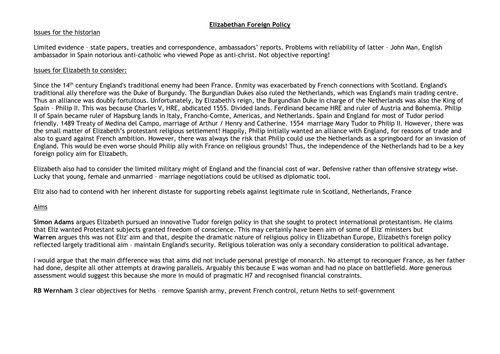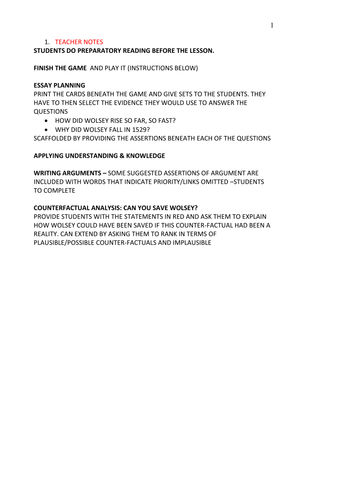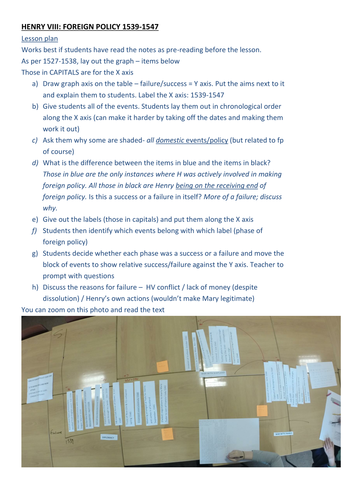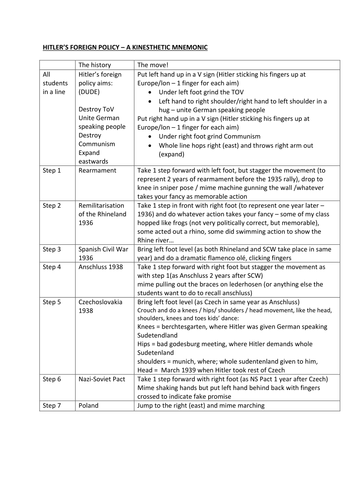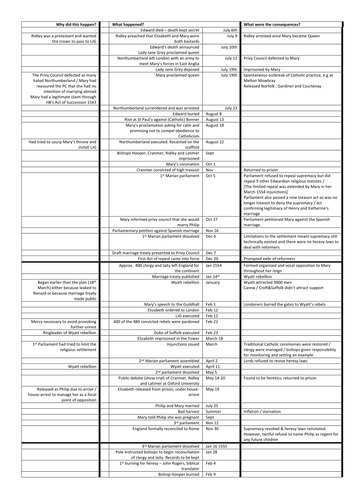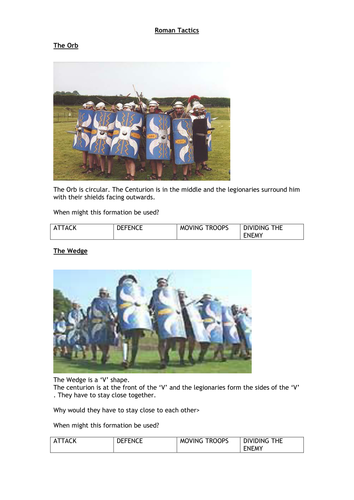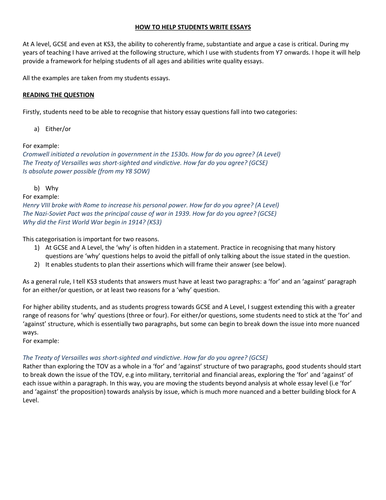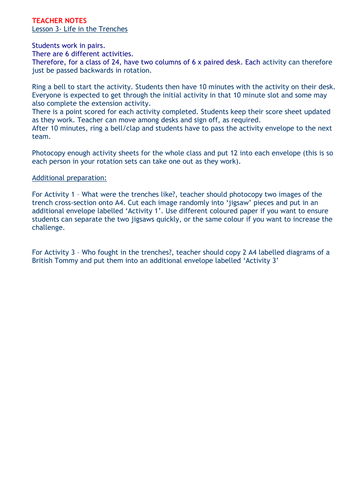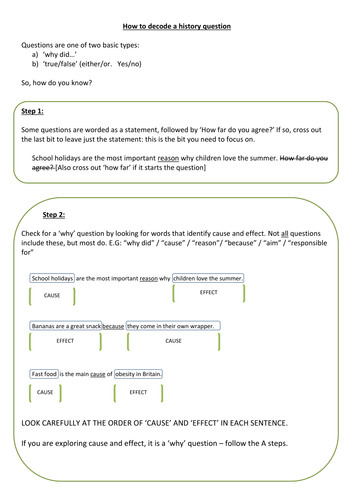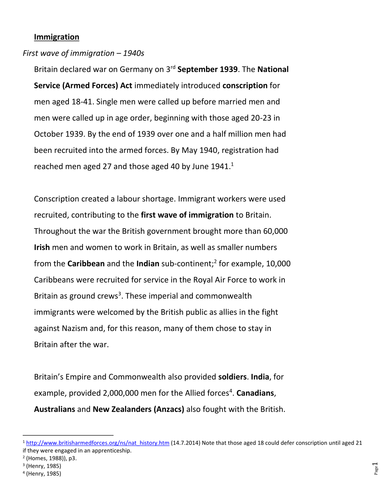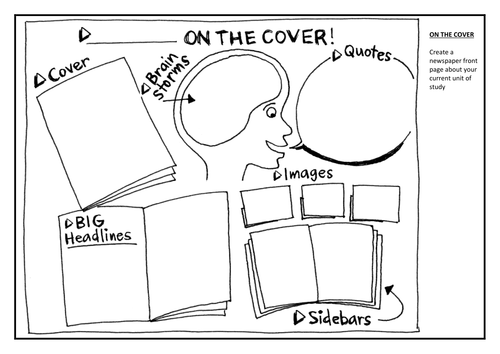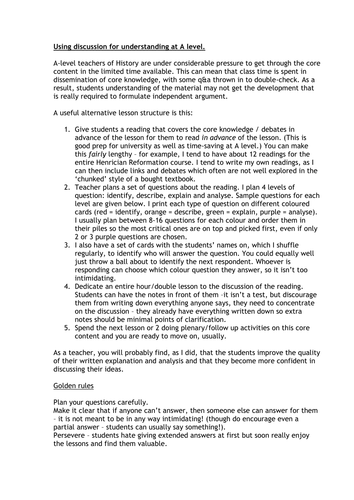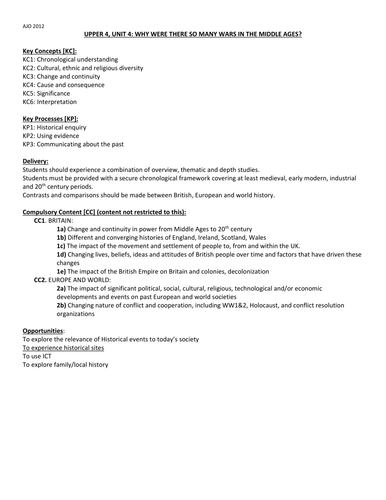Anna jordan's Shop
10 BALL GAMES: SUBVERSIVE TEACHING IN 21ST CENTURY. We innovate, constantly. We see the extraordinary in the everyday. We know that real education is about feeding the soul, not just passing exams. We sometimes see children with problems, we don't see children as problems. We re-draw the boundaries of the possible. We survive, despite the slings and arrows of outrageous policy. Freely sharing resources gives us time to do these things. Please help yourself, and play on.


